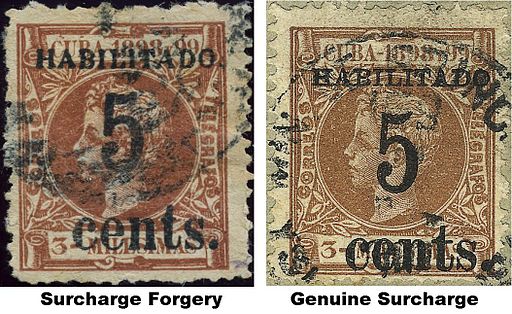Fraud vs Forgery
Understanding the difference between fraud and forgery is crucial, as they are not interchangeable terms in the modern world. Fraud involves any form of deception of an individual or organization for monetary gain and is considered a crime by law. Forgery, on the other hand, is the act of imitating an object or form to deceive someone. This article aims to explain the distinction between fraud and forgery while explaining each term individually.
Key Takeaways
- Fraud is an intentional deception of another, often for monetary gain, and is considered a crime that guarantees punishment for the perpetrator.
- Forgery is the action of creating an exact replica of an object with the intention of deceiving another, and is considered a crime as well.
- The main difference between fraud and forgery is that forgery is a form of fraud, as it is a method used to deceive others for personal gain.
What does Fraud mean?
Fraud is an intentional deception of another, often for monetary gain, but not always. The nature of the gain can differ. All forms of fraud are unlawful, and legal action can be taken in such cases. Fraud can take many forms, such as identity theft, tax fraud, bank fraud, legal fraud, election fraud, collateral fraud, intrinsic and extrinsic fraud. With the development of technology, fraud has become much easier, leading to the rise of internet fraud. The defrauding of credit cards through the internet, where the owner’s information is used to make various purchases, is a simple example of fraud. Many organizations have been established by governments and non-governmental organizations to combat fraud, but it remains a challenging battle.
What does Forgery mean?
Forgery involves creating an exact replica of an object, such as a document, statistic, painting, sculpture, or any other form, with the intention of deceiving another. The fraudulent copy is often called a forge. However, not all copying necessarily results in forgery; the intention to deceive and misuse of the object must be present. Examples of forgery include counterfeiting money or currency. Forgery is a technique of fraud and is considered a crime.
What is the difference between Fraud and Forgery?
Both fraud and forgery are considered crimes and are classified as criminal offenses in criminology. However, they are not the same.
- Fraud refers to the willful deception of someone for the purpose of monetary gain.
- Fraud includes a variety of forms, from tax fraud to bank fraud.
- Forgery, on the other hand, is also a deception of another through imitating an object. This replica allows the person to deceive others.
- So, forgery is usually a method used for fraud.
In today’s world, due to the rapid development of technology, it has become increasingly difficult to fight fraud and forgery, especially for legal authorities.
